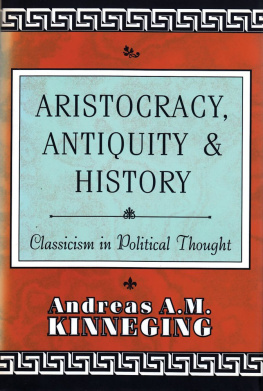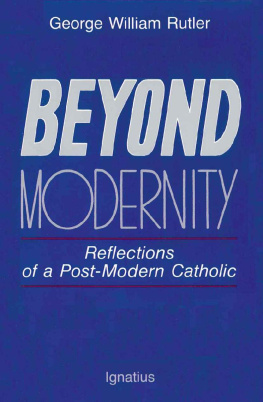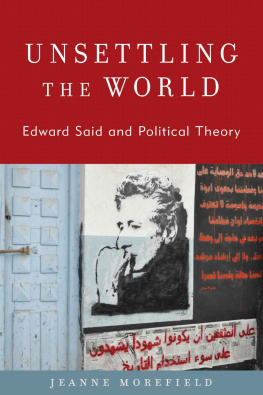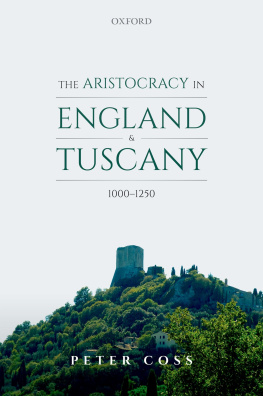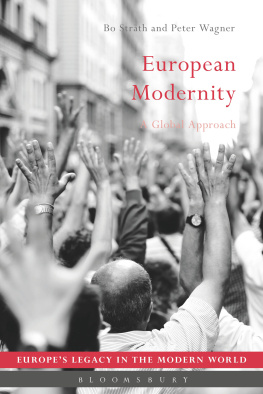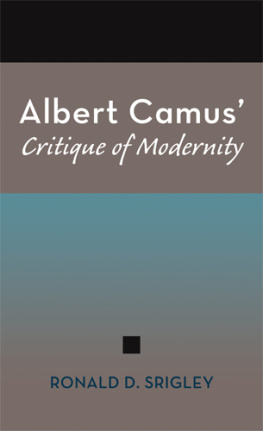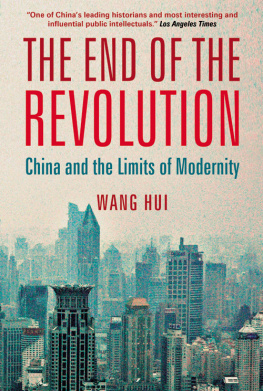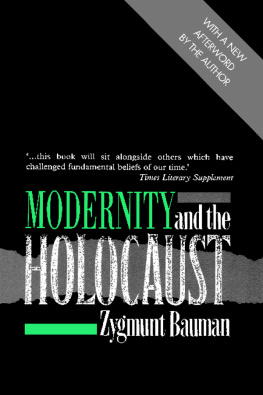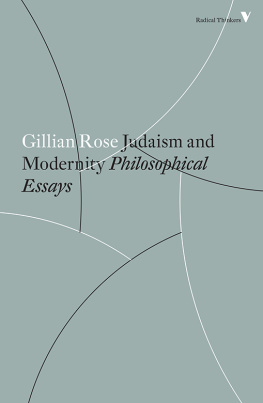First published 1997 by Transaction Publishers
Published 2020 by Routledge
2 Park Square, Milton Park, Abingdon, Oxon OX14 4RN
605 Third Avenue, New York, NY 10017
Routledge is an imprint of the Taylor & Francis Group, an informa business
Copyright 1997 by Taylor & Francis
All rights reserved. No part of this book may be reprinted or reproduced or utilised in any form or by any electronic, mechanical, or other means, now known or hereafter invented, including photocopying and recording, or in any information storage or retrieval system, without permission in writing from the publishers.
Notice:
Product or corporate names may be trademarks or registered trademarks and are used only for identification and explanation without intent to infringe.
Library of Congress Catalog Number: 96-5601
ISBN 13: 978-1-56000-222-2 (hbk)
Library of Congress Cataloging-in-Publication Data
Kinneging, A. A. M.
Aristocracy, antiquity, and history : classicism in political thought /
Andreas A.M. Kinneging.
p. cm.
Includes bibliographical references and index.
ISBN 1-56000-222-0 (alk. paper)
1. Aristocracy (Political science)History. 2. Aristocracy (Social class)
History. 3. Political scienceHistory. 4. Classicism. I. Title
HT647.K55 1996
305.52dc20 96-5601
CIP
DOI: 10.4324/9780429335976
PREFACE
The writing of this book has taken me much longer than I had expected. The delay is due to a number of factors, the most important being that the subject of the book gradually changed. It is hard to say what caused this change. To some degree, it is undoubtedly due to a lack of discipline on my part to finish what I had begun. But mine is not a case of weakness of will pure and simple. For the path I eventually took was at least partially the outflow of the questions I had initially set out to answer.
Although I used different labels at that time, these original questions are most accurately rendered as dealing with the roots and rise of what goes by the name of modernity. That is to say, I was interested in the great transformation that changed first the westernmost countries of Europe and the United States, later the rest of Europe, and at the moment the whole world from a society that is commonly called traditional into one unlike any previously known to mankind: modern society. More specifically, I was interested in the genealogy of the tradition of social and political thought that is generally viewed as the theoretical vindication of modernity: the tradition of liberalism.
However, as I was trying to get a grip on the literature I ran into a seemingly insolvable difficulty. In the endeavor to point down the origins of modernity one almost inevitably winds up in a virtually infinite historical regress, terminating only with Socrates or the sophists. Whatever key feature of modernity one traces back through time -rationality, individuality, the market economy, and so on- one never encounters its spring and fountain-head. Each and every modern thinker seems to have had precursors who apparently knew everything already. Each and every modern institution seems to have been foreshadowed by yet another, earlier institution. The logic of this analysis has led many to seek the seeds of the modern age in the renaissance or even in the high middle ages, and some go so far as to discern the first signs of the present condition at the dawn of Western civilization. In effect, the history of modernity is history tout court. History is the genealogy of modern man and the modern mind. Admittedly, this is a deeply enticing philosophy of history, and there is a ring of truth to it. For history does of course lead up to us; we are in a sense the end of history.
But it does not follow that we are the star actor in and of history. If we -that is, the moderns- were on stage at all in the past, until quite recently we at best played the part of an extra. This is the central insight of the present book. The author has derived it from the work of J.G.A. Pocock, Quentin Skinner, and -through them- Herbert Butterfield. These writers, more than anyone else, have reminded their readers of the one-sidedness and unwarrantedness of the view of the past as leading up to the present, as the present in aspiration. In the chapters that follow we will go into this subject at length. Here, it suffices to say that this insight enabled me to see that a historiography of modernity that does not lose itself in a spiral of anachronisms is possible only if one does not study the history of modernity. Concentrating on the new in the old, as the historians of modernity do, one is like the friends or the family of a minor actor in a stage play, who are bound to overestimate the importance of his role in the plot. Only if one is prepared to study the old on its own footing, as an entity sui generis, it is possible to acquire an adequate understanding of the evolution of old into new.
Having come to this point I decided to radically alter his plans, and study the history of not-modernity, so to speak. More specifically, I decided to concentrate not on the new in the old, but on what was clearly not new in the old; that is, on the part of the story that is usually left out. This is the story of those who are commonly regarded as the losers in and of modern history, those who went down as modernity acquired shape: the aristocracy and its social and political thought. This book is the result of that investigation.
There is no lack of sweeping statements in the literature about the aristocracys fate. Politically domesticated by the crown, economically a burden, and spiritually superficial the aristocracy supposedly was in crisis as of the sixteenth century. Its demise was the counterpart of the rise of the middle classes, the hard-working, thrifty, and enterprising bourgeoisie, the harbingers of the modern world. I quickly discovered that this picture depends more on a preoccupation with the origins of modernity than on historical fact. There is a wealth of literature on every aspect of the rising bourgeoisie, there is hardly anything on the demising aristocracy. That is largely taken for granted. Yet, things seem to be changing. In the last decades a small but significant number of monographs has appeared, which point in a direction that is at variance with the established view. Instead of a weakly and lingering aristocracy, these studies reveal a strong and thriving noblesse, not only in East-European countries like Russia and Prussia, but also in countries like France and Britain. Moreover, they suggest that the demise of the aristocracy is a process that belongs to the history of the nineteenth and twentieth century rather than to that of the period from the sixteenth to the eighteenth century.

